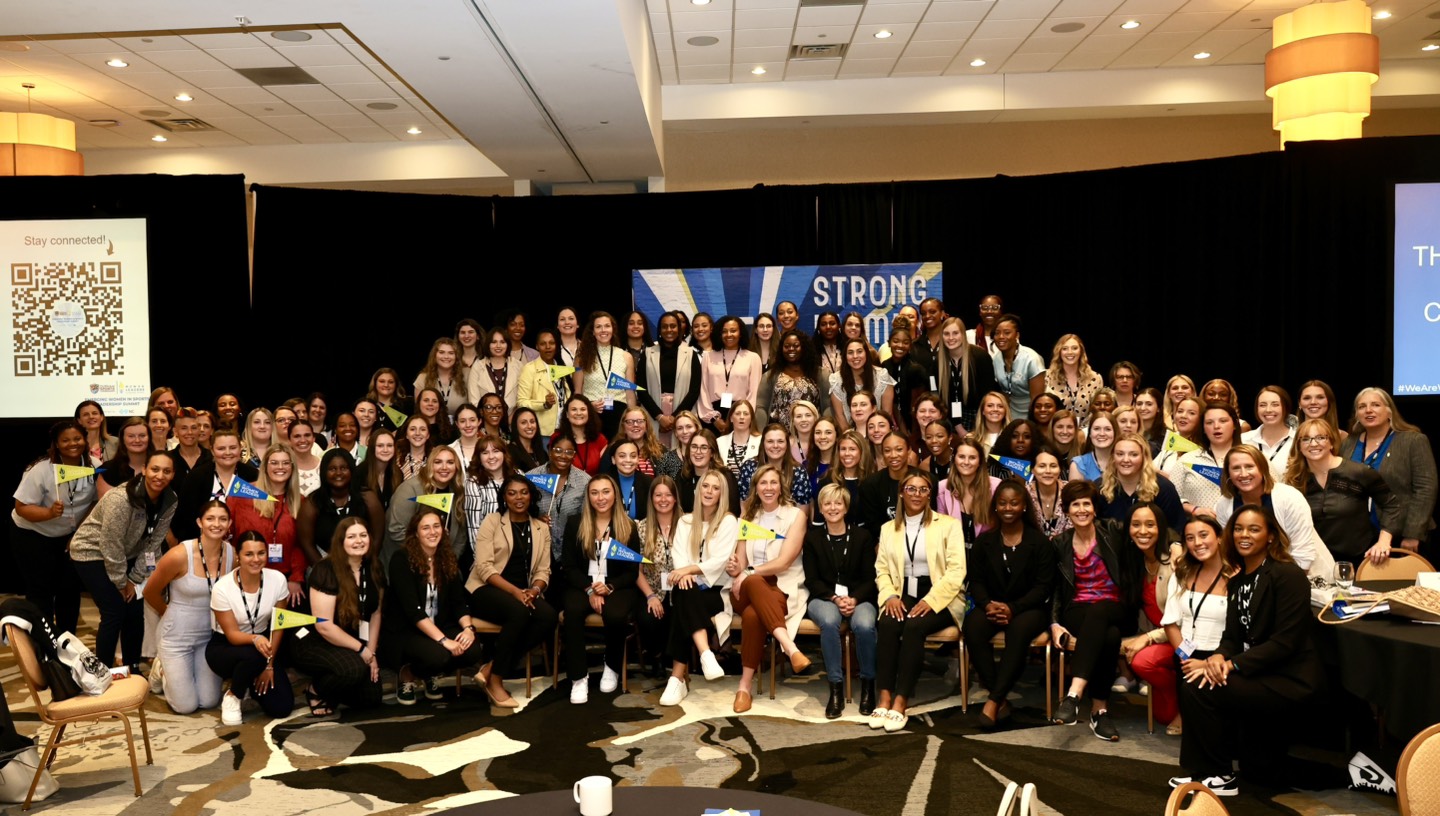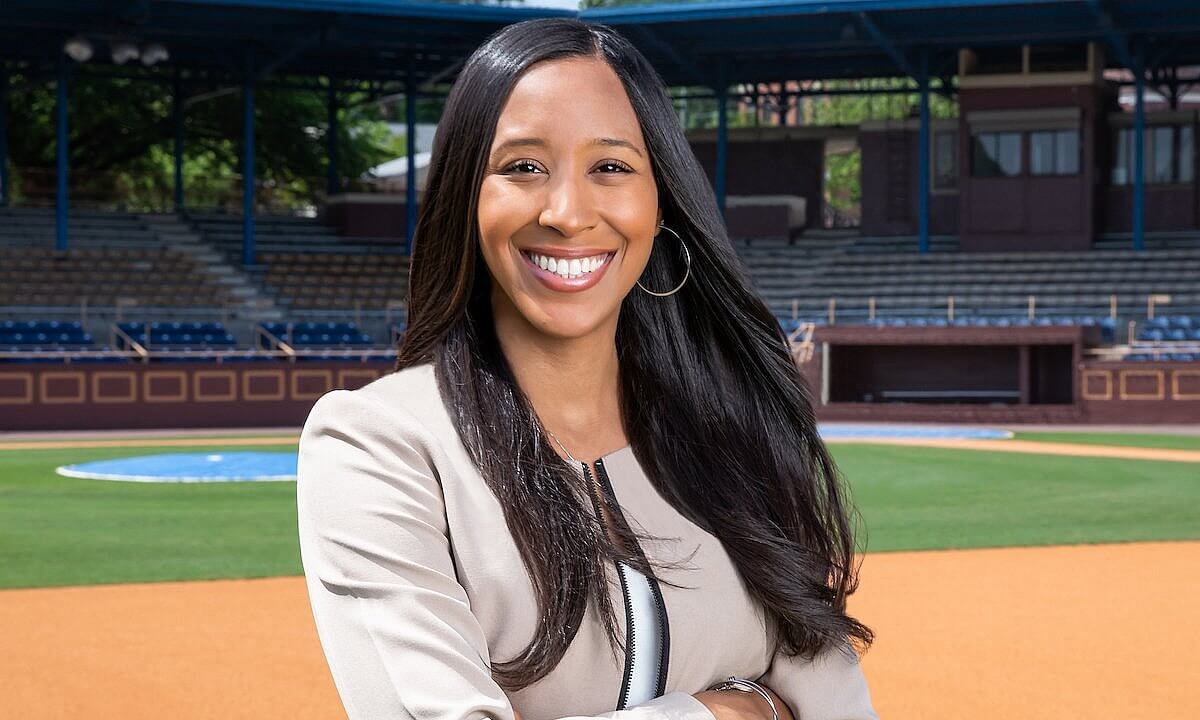
Movements for change are driven by a leader, usually many leaders, who have a vision. Being such a leader and catalyst in the evolving world of sports commissions is something I aspire to. With a rich background in sports that spans being a player, leader and mentor, my experiences have influenced how I approach making change for the better. My advocacy for an inclusive environment in sports, especially for women and women of color, is driven by a personal understanding of the challenges faced within this arena. This narrative represents the collective aspirations of women in sports, striving for recognition and the opportunity to lead and inspire.
Sports commissions, traditionally viewed as solely vehicles for economic growth through attracting sporting events, have a largely untapped potential to be so much more. And now, sports commissions and sports tourism organizations worldwide are increasingly recognizing their role in social impact. It feels like not only a necessary evolution but an imminent one. I am proud to be part of an industry that is looking at sports beyond the fields and courts to create opportunities, foster inclusivity and drive change in communities. We can and should continue to build support programs that empower underrepresented groups, promote health and wellness of all kinds, and foster a sense of community cohesion.
As the Durham Sports Commission’s deputy director, I have witnessed the transformative potential of using this platform to promote community growth and engagement. The first Emerging Women in Sports Leadership Summit we embarked on this year is a perfect illustration. The summit gave women in sports a chance to grow as leaders, learn from other trailblazers, improve their talents and widen their networks. The One Team, One Durham Fund, which provides youth sports opportunities irrespective of financial means, underscores our focus from economic benefits to community development and social responsibility.
Sponsored Content
Across the nation, other sports commissions have embraced similar initiatives. The Seattle Sports Commission has formed the Seattle Alliance in concert with the city’s professional sports teams. The alliance supports the King County Play Equity Coalition, a prominent area advocate that leads efforts to dismantle barriers to sports participation and champions inclusive programs through a $500,000 donation over four years. Beyond the financial commitment, the Seattle Alliance communicates a powerful statement of shared vision for equitable access to sports, particularly for underserved youth. Similarly, the Kansas City Sports Commission has an initiative called WIN for KC dedicated to empowering women and girls in sports. Impactful events including a triathlon and women’s sports awards celebration exemplify how sports commissions can create substantial social impact. Celebrating women’s achievements in sports while simultaneously encouraging participation and leadership is a potent combination.
Such initiatives demonstrate that sports commissions can be instrumental in nurturing future leaders, particularly women, in sports. This aligns with the broader shift in the industry, as seen in organizations like Women Leaders in Sports, which has evolved from focusing on college sports to encompassing women leaders in the sports realm. Their mission to develop, connect and champion all women in sports is indicative of this paradigm shift.
On this path, facing racial and gender prejudices is an ever-present challenge. To overcome these obstacles, one must combine business savvy with inner fortitude. I have worked to build an inclusive environment in athletics while navigating these intricacies as a woman of color. My strategy is all-encompassing, emphasizing not only career success but also encouraging personal development and making a big difference in the community. In this process, mentoring is essential. Helping young women navigate the difficulties of the sports industry emphasizes the value of adaptability and resilience. It’s about giving them a voice and a place at the table in an industry that has traditionally been dominated by others. I wholeheartedly believe the world of sports will be all the better for it.
I will continue to be an ally and a champion for women and women of color in this industry. There is immense power in numbers and at every level, our voices need to be heard. The more voices that are heard together, the louder we will be. It’s not a choice between driving economic impact for our cities through sports or effecting meaningful social change. I say, why not do both?
 Kaila’Shea Menendez is a native of Raleigh, North Carolina, and a former women’s basketball student-athlete at Western Carolina University. Prior to joining the Durham Sports Commission team, she served as the senior director of leadership programming and events at Women Leaders in College Sports and oversaw the execution of all association-wide events, including the Women Leaders National Convention annually.
Kaila’Shea Menendez is a native of Raleigh, North Carolina, and a former women’s basketball student-athlete at Western Carolina University. Prior to joining the Durham Sports Commission team, she served as the senior director of leadership programming and events at Women Leaders in College Sports and oversaw the execution of all association-wide events, including the Women Leaders National Convention annually.












 Copyright © 2025 by Northstar Travel Media LLC. All Rights Reserved. 301 Route 17 N, Suite 1150, Rutherford, NJ 07070 USA | Telephone: (201) 902-2000
Copyright © 2025 by Northstar Travel Media LLC. All Rights Reserved. 301 Route 17 N, Suite 1150, Rutherford, NJ 07070 USA | Telephone: (201) 902-2000